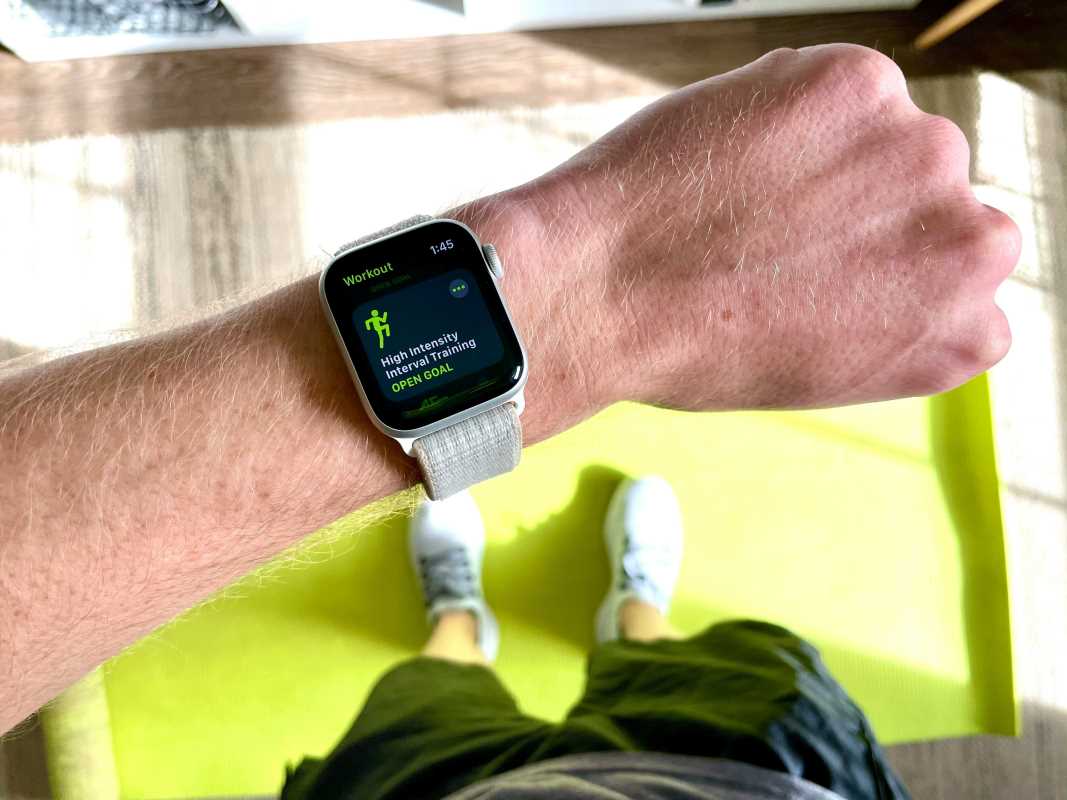You just finished a great workout. You feel strong, accomplished, and ready to do it all again tomorrow. But when you wake up, you’re exhausted, your muscles are screaming, and you feel more run down than you did before. Many of us have been taught to push harder, run faster, and lift more, believing that’s the only path to fitness. We obsess over tracking our miles, reps, and calories burned. But what if the secret to getting stronger isn’t just about the work you put in, but the rest you get afterward? A new generation of wearable technology is shifting the focus from pure performance to recovery, helping us understand that true progress happens when we give our bodies the downtime they need to rebuild.
The Big Shift: From Performance to Recovery
For years, fitness trackers were all about counting steps, tracking pace, and celebrating personal bests. They answered the question, "How hard did I work?" This is great for motivation, but it only tells half the story. Pushing your body to its limit every single day without adequate rest can lead to burnout, injury, and a frustrating lack of progress. Recovery-focused wearables answer a different, more important question: "Am I ready to work hard today?" Instead of just measuring your activity, these devices monitor what’s happening inside your body while you rest and sleep, giving you a daily readiness score that helps you decide if it’s a day to go all out or take it easy.
Your Body's Secret Recovery Signals
Recovery wearables look at subtle clues your body sends out, especially overnight. One of the most important is Heart Rate Variability (HRV), which is the tiny variation in time between your heartbeats. A higher HRV is a sign that your body's nervous system is balanced and ready for stress, while a low HRV suggests you're fatigued. They also track your Resting Heart Rate (RHR), which is how many times your heart beats per minute when you're at complete rest. A lower RHR generally indicates better cardiovascular fitness. These devices also analyze your sleep, breaking it down into stages like deep sleep, where your body does most of its physical repair, and REM sleep, which is crucial for mental restoration. Other metrics like body temperature and breathing rate also provide clues about your overall readiness.
Making Smarter Training Decisions
Armed with a daily recovery score, you can train smarter, not just harder. If you wake up with a high score, that’s a green light to tackle a challenging workout. Your body is rested, repaired, and primed for performance. But if your score is low, it’s a signal to take a step back. A low score might be due to a tough workout the day before, poor sleep, illness, or even mental stress. On these days, you might choose a lighter activity like a walk, some gentle stretching, or even a complete rest day. This approach helps prevent overtraining and reduces your risk of injury, ensuring that you’re making consistent progress over the long term instead of burning out.
Recovery Tech for Everyone
This technology isn't just for elite athletes. A busy student can use their recovery score to see how a late-night study session impacts their ability to focus in class the next day. A weekend warrior juggling work and family can decide if a Saturday morning is better spent on a long run or catching up on sleep. For busy professionals, tracking recovery can reveal how work stress is affecting their physical health, prompting them to prioritize relaxation and downtime. It’s about understanding your body's unique limits and capacity, no matter what your daily life looks like.
Your Data and Your Privacy
As these devices collect more and more personal health information, questions about data privacy become very important. You are trusting a company with sensitive details about your sleep, your stress levels, and your body's functions. It is crucial to choose brands that are transparent about how they use and protect your data. Before you buy, read the privacy policy to understand who has access to your information and whether it can be shared with third parties. A reputable company will prioritize user privacy and give you control over your own health data.
The Future of Recovery is Smarter
The world of recovery tech is just getting started. In the near future, these wearables will offer even more personalized and actionable advice. Imagine your device not just telling you that you’re fatigued but also suggesting a specific ten-minute meditation or a particular type of meal to boost your recovery. We will also see greater integration with the broader healthcare system. Your doctor could one day use your recovery data to get a clearer picture of your overall health between appointments, helping to spot potential issues earlier and provide more personalized care. This technology is teaching us a valuable lesson: listening to your body is the smartest way to achieve your goals.
 (Image via
(Image via




.jpg)
